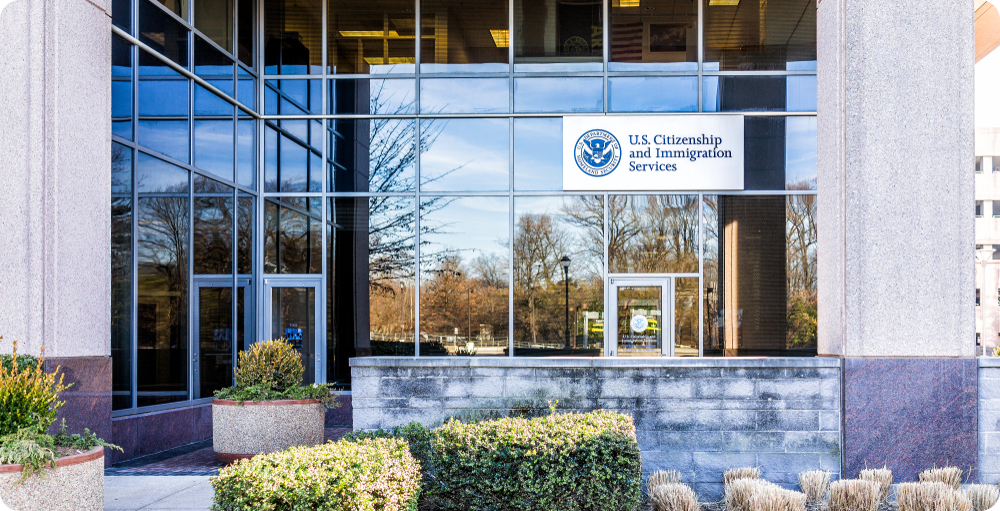With no announcement, the agency has published a seven-page Q||abc||A that addresses some industry questions. Some notable answers: I-526 expedite approval only expedites assignment of the petition but adjudication times will vary; I-526 workflows are adjusted each month according to visa availability; fraud can impact a petitioner’s I-829 eligibility if it compromises requirements, such as job creation; regional centers must monitor investment activities but this is determined on a case-by-case basis, with no “one-size-fits-all checklist.”
U.S. Citizenship and Immigration Services published in December 2020, with no formal announcement, a seven-page release which answers 16 EB-5 questions, some of which were compiled by the industry trade association, IIUSA.
The following are some highlights from the Q&A:
How long does it take for expedited I-526 processing?
The agency clarifies that expedited processing only means that they will take an I-526 petition out of visa-availability order and expedite the assignment of that petition to an adjudicating officer. USCIS says it cannot provide any expediting process timeline, and such processing times will vary by petition.
When might IPO require evidence of jobs created at the I-526 stage?
An applicant will show that the required jobs will be created with a comprehensive business plan. At the time of adjudication, if events in that plan have been expected to have occurred and the jobs created, an officer may ask for evidence of job creation to determine continued eligibility.
If fraud has occured with an EB-5 project, can an I-829 applicant still be eligible for approval?
USCIS states that this “depends on the facts of the case.” The agency reinforces that all I-829 petitioners must satisfy all investment, sustainment, and job-creation requirements. It also states, unfortunately, that there are occasions when fraud committed at the project level can affect the petitioner’s ability to be approved. As an example USCIS suggests that when fraud impedes the petitioner’s ability to create the required 10 full-time U.S. jobs, for example, that petitioner will not be approved.
Will USCIS provide more details on a regional center’s duty to monitor investment activities?
Unfortunately, no further guidance is offered other than the general mandate to provide “proper monitoring and oversight… for the purpose of promoting economic growth in compliance with the EB-5 authorities.” The agency states, once again, this is determined on a case-by-case basis; as situations with each regional center are unique, there is no “one-size-fits-all checklist.”
How will areas with struggling economies keep regional center representation — especially considering I-924 processing times of up to 8 years?
The question is predicated on the belief that a regional center must have an I-526 filed within three years or lose regional center designation. USCIS states, “there is no requirement that an approved regional center must have affiliated I-526s filed within a three-year period or lose designation.”
EB-5 business plan writer Suzanne Lazicki comments that this agency statement actually contradicts evidence that such a requirement did exist, at least until the end of 2018. She goes on to say that the current USCIS answer is positive news as such a requirement would be “unfair and harmful for regional centers in distressed and rural areas.”
See the USCIS Q&A release



